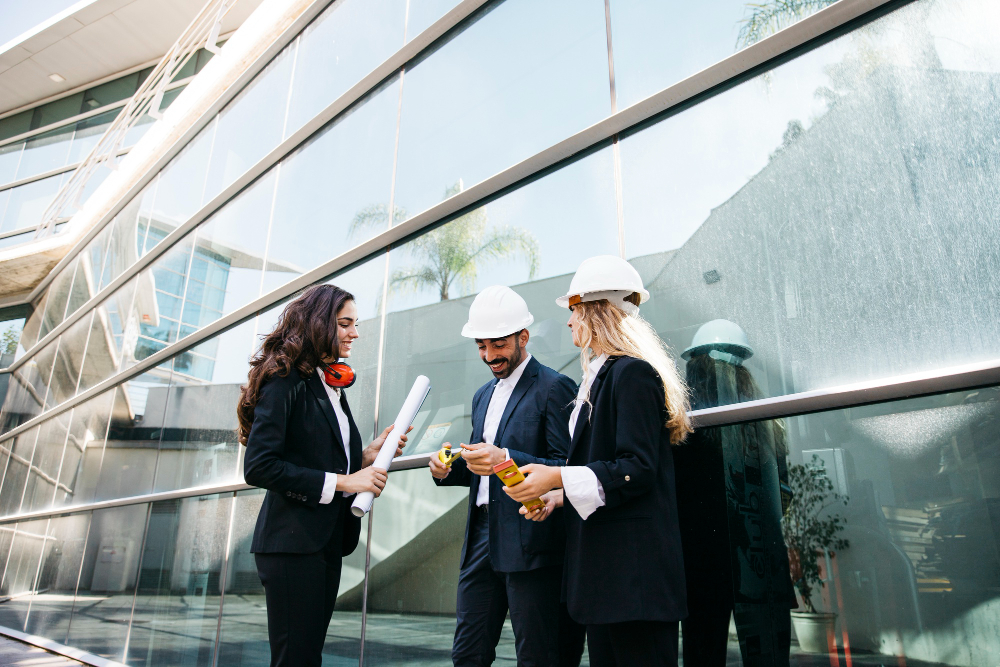In the contemporary architectural landscape, sustainability isn’t merely a buzzword; it’s a guiding principle shaping the future of building design and construction. As the world grapples with environmental challenges and seeks to mitigate carbon footprints, the role of Mechanical, Electrical, and Plumbing (MEP) consultants emerges as pivotal. These experts serve as catalysts for change, unlocking efficiency through innovative solutions tailored to local contexts. In this discourse, we delve into the significance of local MEP consultants in implementing energy-efficient and sustainable building systems, catering to specific regional needs and regulations.
Understanding the Essence of Sustainability
Sustainability transcends mere environmental stewardship; it embodies a holistic approach to design and operation, encompassing social, economic, and environmental dimensions. At its core lies the imperative to minimize resource consumption like greenhouse gas emissions, and enhance occupant comfort and well-being. MEP systems play a central role in realizing these objectives, accounting for a significant portion of a building’s energy usage and environmental impact. Some examples of this in action are optimized HVAC systems to save on electricity, or implementing water saving technology for plumbing.
The Role of Local MEP Consultants
Local MEP consultants possess intimate knowledge of regional climatic conditions, building codes, and regulatory frameworks. This localized expertise empowers them to navigate intricacies unique to each geographic area, ensuring that sustainable solutions align with specific regional needs and regulations. By leveraging their familiarity with local contexts, these consultants can optimize building performance, enhance energy efficiency, and mitigate environmental impact effectively.
Tailored Solutions for Regional Needs
Climate, geography, and cultural factors exert a profound influence on building design and operation. Local MEP consultants recognize the importance of contextual adaptation, tailoring solutions to address regional challenges and opportunities. Whether it’s optimizing HVAC systems for extreme temperatures, integrating renewable energy sources suited to local conditions, or implementing water-saving measures in arid regions, these consultants adeptly align sustainable strategies with regional imperatives. For example, within Southern California, we follow guidelines to reduce water consumption to accommodate for the lack of rainfall and nearby sources of fresh water, which keeps the cost of fresh water higher than in other places.
Compliance with Regulations and Standards
Building codes and standards vary from region to region, reflecting diverse regulatory frameworks and environmental priorities. Local MEP consultants serve as adept navigators of these regulatory landscapes, ensuring that sustainable designs comply with applicable codes and standards. By keeping up to date with industry standards, the ever evolving regulations, and advocating for best practices, these consultants facilitate seamless integration of sustainability principles into building projects while adhering to legal requirements.
Collaboration with Stakeholders
Effective collaboration lies at the heart of sustainable building solutions. Local MEP consultants engage stakeholders at every stage of the design and construction process, fostering dialogue and consensus-building. From architects and engineers to developers, contractors, and regulatory authorities, collaboration ensures that sustainability goals are aligned with project objectives and stakeholder expectations. By cultivating a culture of collaboration, MEP consultants facilitate the integration of sustainable strategies into the broader project framework, driving collective action towards a greener built environment.
Embracing Innovation and Technology
Innovation and technology are catalysts for sustainable transformation in building design and operation. Local MEP consultants embrace emerging technologies and innovative solutions to optimize building performance and enhance sustainability. From energy-efficient HVAC systems and smart building automation to advanced lighting controls and renewable energy integration, these consultants leverage cutting-edge technologies to unlock efficiency and reduce environmental impact effectively.
Life Cycle Cost Analysis
Sustainable building solutions extend beyond initial construction costs to encompass long-term operational efficiency and lifecycle performance. Local MEP consultants conduct comprehensive life cycle cost analyses to evaluate the economic viability of sustainable strategies over the building’s lifespan. By quantifying the financial benefits of energy efficiency measures, renewable energy integration, and maintenance optimization, these analyses empower decision-makers to make informed choices that balance upfront investments with long-term savings and environmental benefits.

